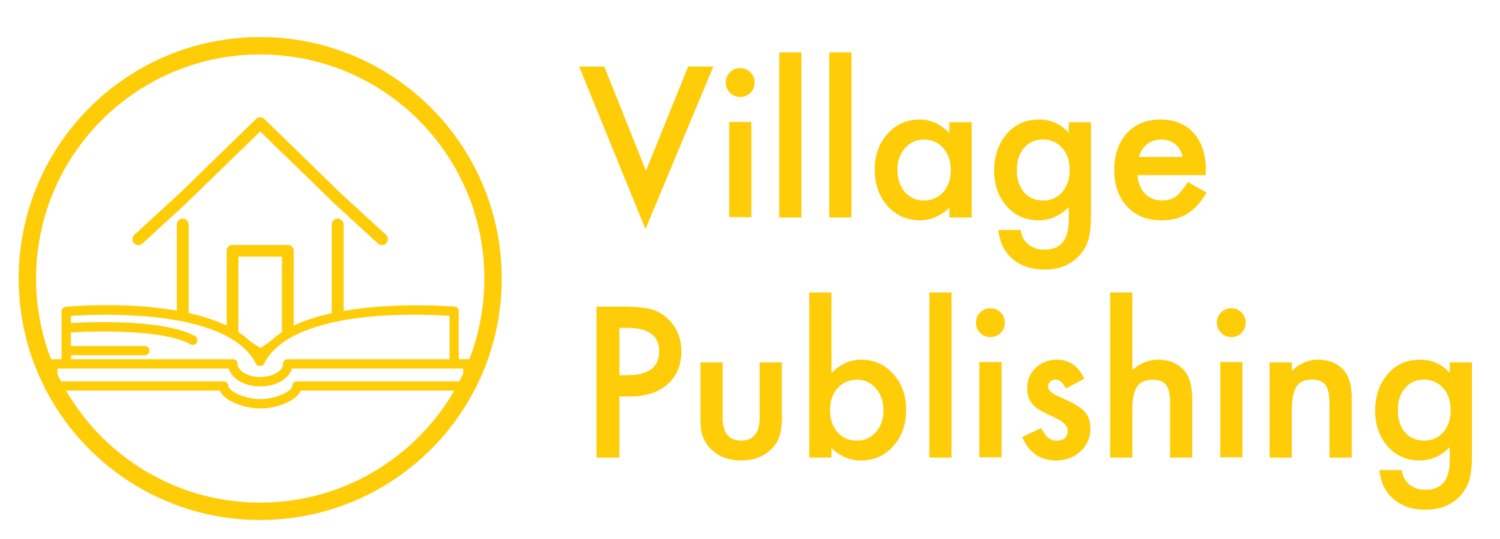This series will present dilemmas faced by professionals evaluating or providing therapy for high conflict divorcing families---including the involvement of the judge/court, why therapy fails, and effective therapy based on family systems theory and neuroscience research
Q: What should I do when a custody parent really needs therapy but refuses to do it? I always worry that the judge won’t do anything to help.
The parents in a high-conflict custody case almost always need therapeutic help. They are typically angry, hurt, vindictive, tuned-out from their parent roles, and generally exhausted and preoccupied. And they know therapy is needed—badly needed.
The problem is each thinks it’s the other parent who needs the help. And if one of the parents accepts the fact that indeed he or she needs help, that will almost always be the healthier of the two parents. It will be the parent who really needs help who will refuse to accept it.
The truth, of course, is that BOTH parents need help, especially the one who refuses it, and so do the children. We end up with a parent who wants help, one who doesn’t, and children who will usually follow the lead of the parent they favor (rightly or wrongly). It is possible that in some families it is just one (or just a few) people who need therapeutic help. This is rarely the case in high-conflict situations.
So the first problem we deal with in this series is what to do about a parent who refuses therapy. Since some judges are reluctant to force a parent into therapy, the evaluator wonders what to do. It is usually assumed that the answer to the problem is to make the pathology of the resistant parent super clear. But the problem is not that the judge fails to see the parent’s problems. While it may be that some judges are fearful of “forcing” people to do pretty much anything, the more usual answer we hear from judges is that if a person doesn’t want therapy he or she will not be helped by therapy. The answer to the problem of the resistant-to-therapy parent is that the evaluator not only has to highlight the resistant parent’s pathology, but has to inform the judge that there are ethical therapies that can be effective with resistant clients.
The best of these methods is based on research in neuroscience, and the details and theoretical base of this method will be presented in upcoming posts, along with how to present the information to a court. First, we must cover another usual problem with custody disputants who need therapy. This problem applies regardless of the degree of parental willingness to accept therapeutic help. Stay tuned for our next blog post about this.

